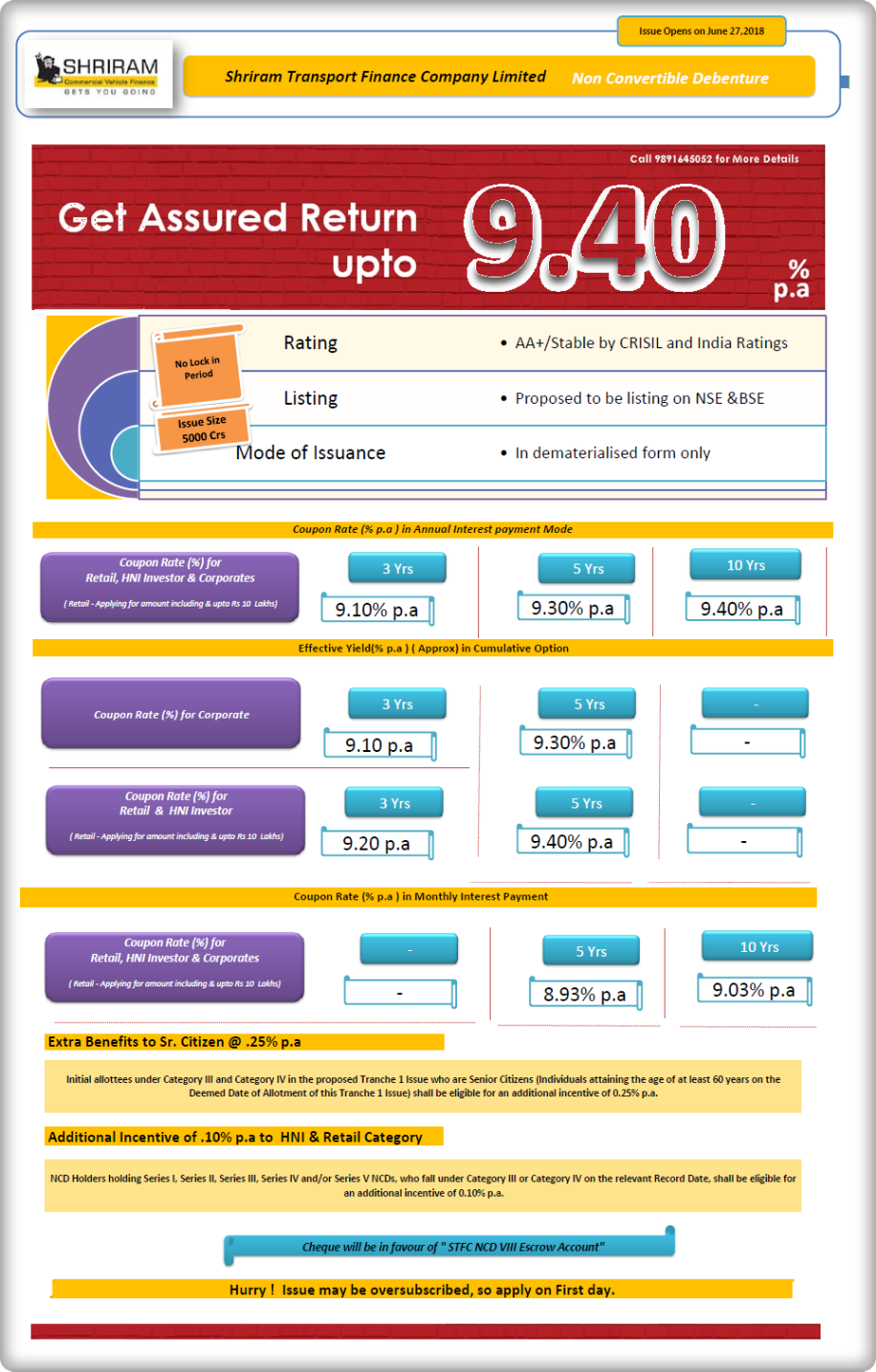Mutual fund schemes trim allocations to small and mid-cap stocks
In yet another indication of exorbitant valuations of small- and mid-cap stocks, mutual fund schemes dedicated to such stocks have reduced allocation, with one even temporarily suspending fresh investments. This is despite the sharp gains registered by the underlying indices in recent months.
Estimated net inflows into small- and mid-cap schemes in July declined to a six-month low of Rs.224.6 crore, showed an analysis by Morningstar Investment Adviser India Pvt. Ltd, an arm of the US-headquartered mutual fund tracking and research firm.
The balance of the total Rs.2,506 crore of equity inflows last month went towards large- and flexi-cap schemes, said industry experts and fund managers. This means for everyRs.1 invested into small- and mid-cap schemes in July, aboutRs.9.84 was allocated towards large- and flexi-cap schemes.
On an average, year-to-date, for every Rs.1 invested into small-sized companies, Rs.4.23 was invested in blue-chips, data showed.
Mutual funds experts indicated the trend to a shift towards large-cap stocks, where earnings are showing signs of improvement.
According to Kaustubh Belapurkar, director, fund research at Morningstar, flexi-cap fund managers are looking at allocating a greater proportion to large-cap stocks which are more reasonably valued. Mid-cap stocks are getting into the rich zone at present and, therefore, fund managers have adopted a cautious and stock-specific approach in the space.
"Investors tend to be swayed by market sentiment as well as past performance which have driven the flows in mid-cap funds. It may be the case that investors added mid-caps to their portfolios as they were under-allocated in mid-caps going into 2014, as we can observe that the period 2011-2013 saw outflows of roughly Rs.2,500 crore from mid-cap funds," said Belapurkar.
The current trend is different. Despite a 32% rise in the mid-cap index since the end of February, micro, small- and mid-cap schemes have seen net inflows of about Rs.2,900 crore.From February to July 2014, mid-cap index surged 45.65%, while mid- and small-cap schemes saw inflows close toRs.6,500 crore.
In fact, net inflow of Rs.179.5 crore in January was the lowest since February 2014, data showed.
Between January and December of 2014, roughly Rs.16,100 crore of funds were deployed in micro, small- and mid-cap schemes, Morningstar data showed.
During this duration, the mid-cap index rallied 60% starting with the buzz of a stable government and later with the landslide victory of the Narendra Modi-led National Democratic Alliance (NDA) in the April-May 2014 general elections.
Excluding the share of mutual fund inflows, domestic institutions comprising banks and insurance companies appear to be net sellers of Indian equities in the past six months, looking to book profit at every rise.
Instead, large quantum of money has been pumped in by foreign portfolio investors (FPIs). More than $6.3 billion was invested into Indian shares (cash segment) between February and July, stock exchange data showed.
On 5 August, DSP BlackRock Investment Managers Pvt. Ltd announced temporary suspension in transactions like switch-in applications, systematic investment plan (SIP) and systematic transfer plan (STP) of its Micro Cap Fund, an open-ended diversified equity growth scheme.
"While the firm believes that any further increase in AUM (assets under management) in this scheme may certainly be beneficial to the company, this may also mean that there is a possibility that existing investors in this scheme may be compromised in their returns and they may not get the complete benefit of investing in the micro cap space," the fund said in a press release.
The Micro Cap Fund touched a corpus value of Rs.3,113.17 crore as on 31 July, making it one of the largest funds in this category.
Soumendra Nath Lahiri, head of equities, L&T Investment Management Ltd, said it is prudent for a fund house to take a breather after a fund or scheme has grown to a particular size in value. It is good to pause, reconstruct the portfolio and then resume further inflows or allocation.
"A fund not accepting money is a temporary phenomenon as small-cap and mid-cap stocks have seen huge inflows in the last three years. However, investors need to make asset allocation from the point of diversification and not valuation. Earnings are yet to pick up and hence valuations appear expensive. But if the markets do well going forward and alpha creation is the objective, mid- and small-cap is the space to be. One cannot time the entry and exit of allocation, it is advisable to stay invested for a long-term duration," said Lahiri, citing examples of a few funds that temporary suspended transactions to prioritize investors' interest.
IDFC Asset Management's Premier Equity Fund, Franklin Templeton Asset Management (India) Pvt. Ltd's Prima Fund, SBI Funds Management Pvt. Ltd's Small and Midcap Fund and Reliance Capital Asset Management Ltd's Growth Fund are some of the schemes that temporarily refused fresh investments in the recent past.
Belapurkar of Morningstar shared similar views.
"Mid-cap funds are still extremely good wealth creators over the long term and investors should definitely have exposure to these funds as a part of their diversified portfolio," Belapurkar said.
Source :
Mint






Comments
Post a Comment
You are requested to mentioned your full name with email id while commenting.